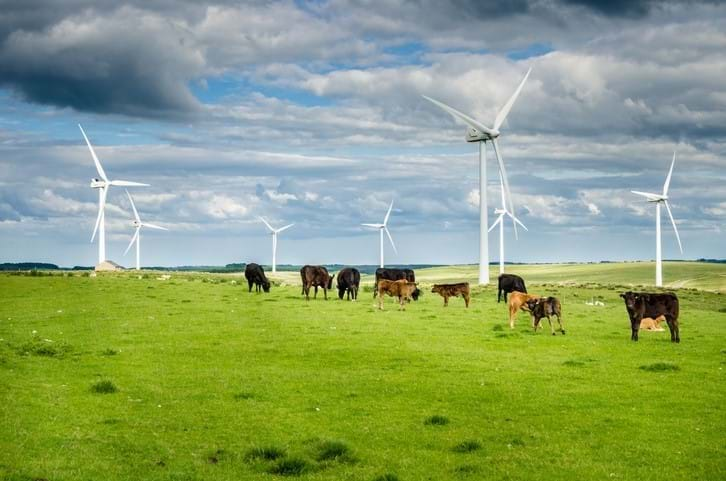First roadmap for North’s net zero transition published
27 April 2022

27 April 2022

A new report produced collaboratively between 11 northern regions sets out the projects and opportunities that could see the North lead the UK’s response to the climate crisis.
The Net Zero North Prospectus was developed by the NP11, which brings together the North of England’s 11 Local Enterprise Partnerships (LEPs) covering the areas of Greater Manchester, Lancashire, Cheshire & Warrington, Liverpool City Region, Yorkshire, Tees Valley, Cumbria and the North East.
With the growing energy cost crisis underlining the urgency of developing low cost, secure and low carbon energy sources, the report pinpoints major energy, transport and environment infrastructure opportunities across the North, including:
Other supporting initiatives include assessing the opportunities created by the North’s three new ‘Freeports’ in Teeside, the Humber and the Liverpool City Region, plus green finance and innovation to bring projects forward and develop new technologies.
In a statement, the NP11 said the Prospectus marked “the beginning stage” of a roadmap for the North to lead the UK’s transition to net zero, in collaboration with government.
Clare Hayward, chair of the Cheshire & Warrington LEP, said: “This Prospectus sets out a compelling offer to the government for how the North can help them achieve their ambitions – not just on making the transition to Net Zero by 2050, but on levelling up the North’s economy, creating thousands of new green jobs, and developing new export and investment opportunities that will boost the competitiveness of Global Britain.
“It offers a positive glimpse into the future of the North’s economy – one in which the energy assets that powered the original Industrial Revolution become the foundations for the Green Industrial Revolution, providing economic and environmental benefits across the North and nationally, as well as enhanced energy security.”
Share